Bachelor’s Degree
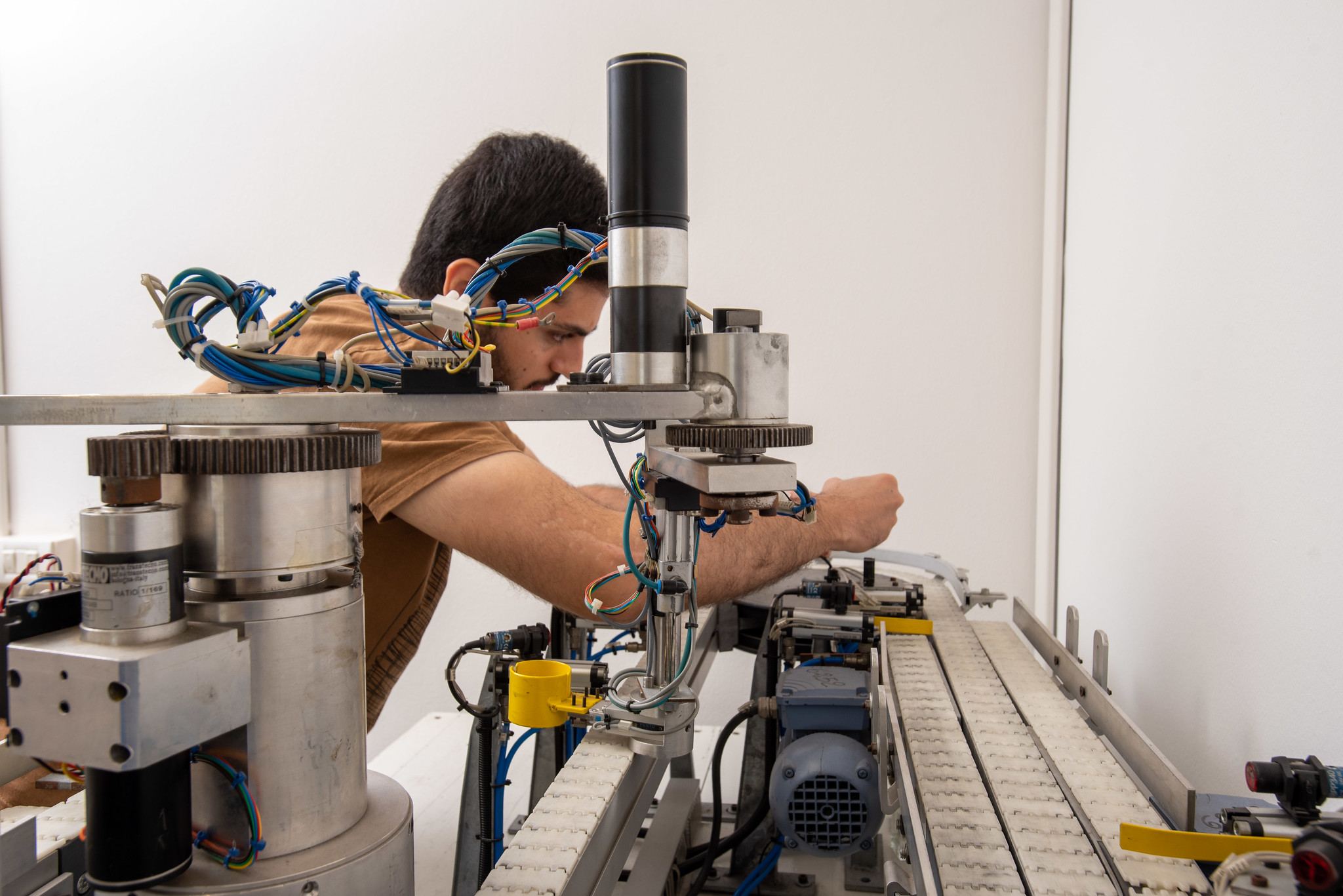
Acquisition of the 180 credits (“CFU”) as specified in the programme regulations is required for the degree (BSc level). Specifically, 38 credits are devoted to basic knowledge (mathematics and physics), 48 credits to knowledge in the field of industrial engineering (mechanical, energy, management, electrical), 41 credits to the field of information engineering (computer science and telecommunications, electronics, measurement and instrumentation), and 38 credits to the field of automation (systems and control theory, robotics, electrical machines and drives). Finally, each student can choose 15 credits among elective courses, or carry out an internship in industry.
The Study Program includes the following courses:
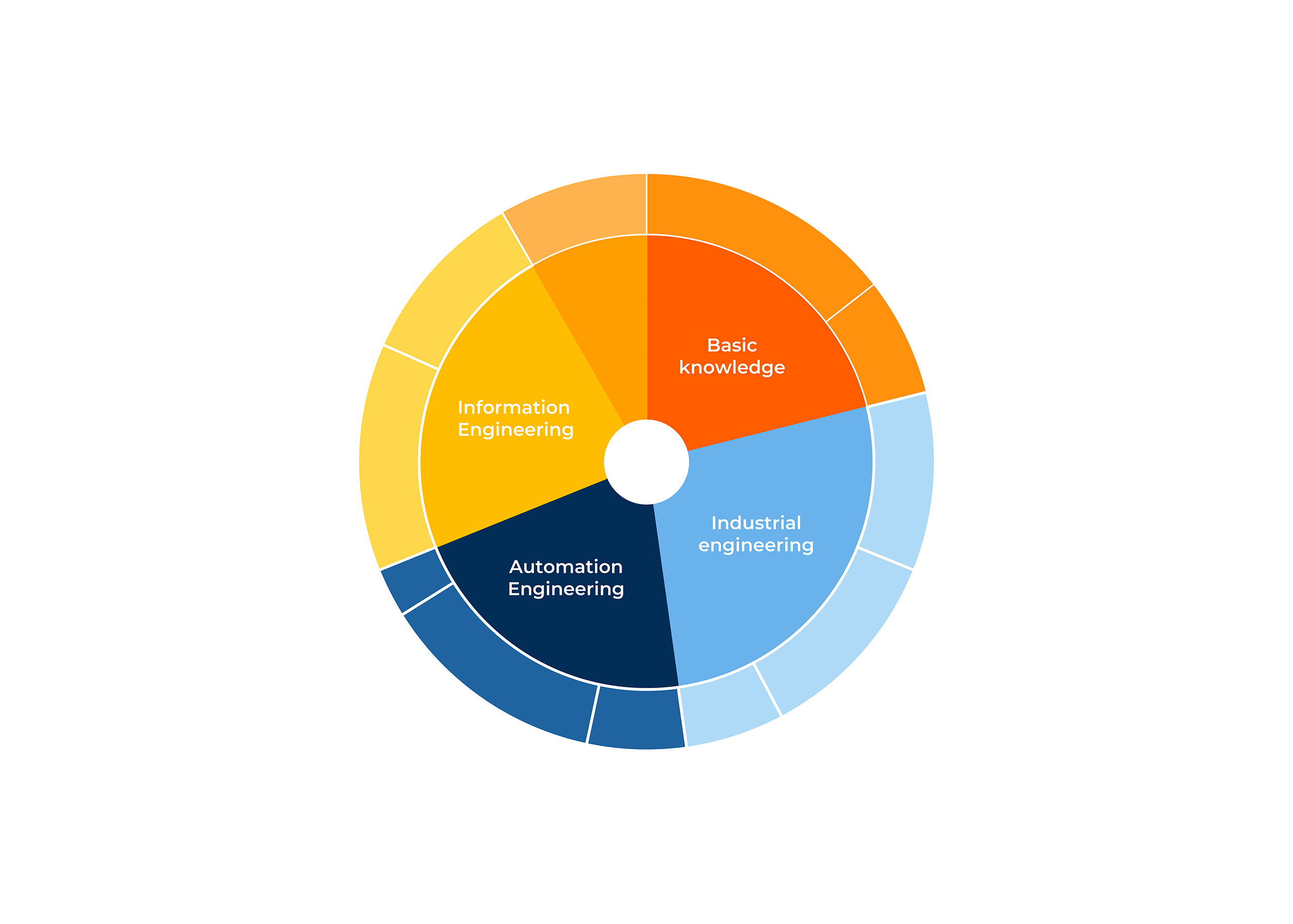
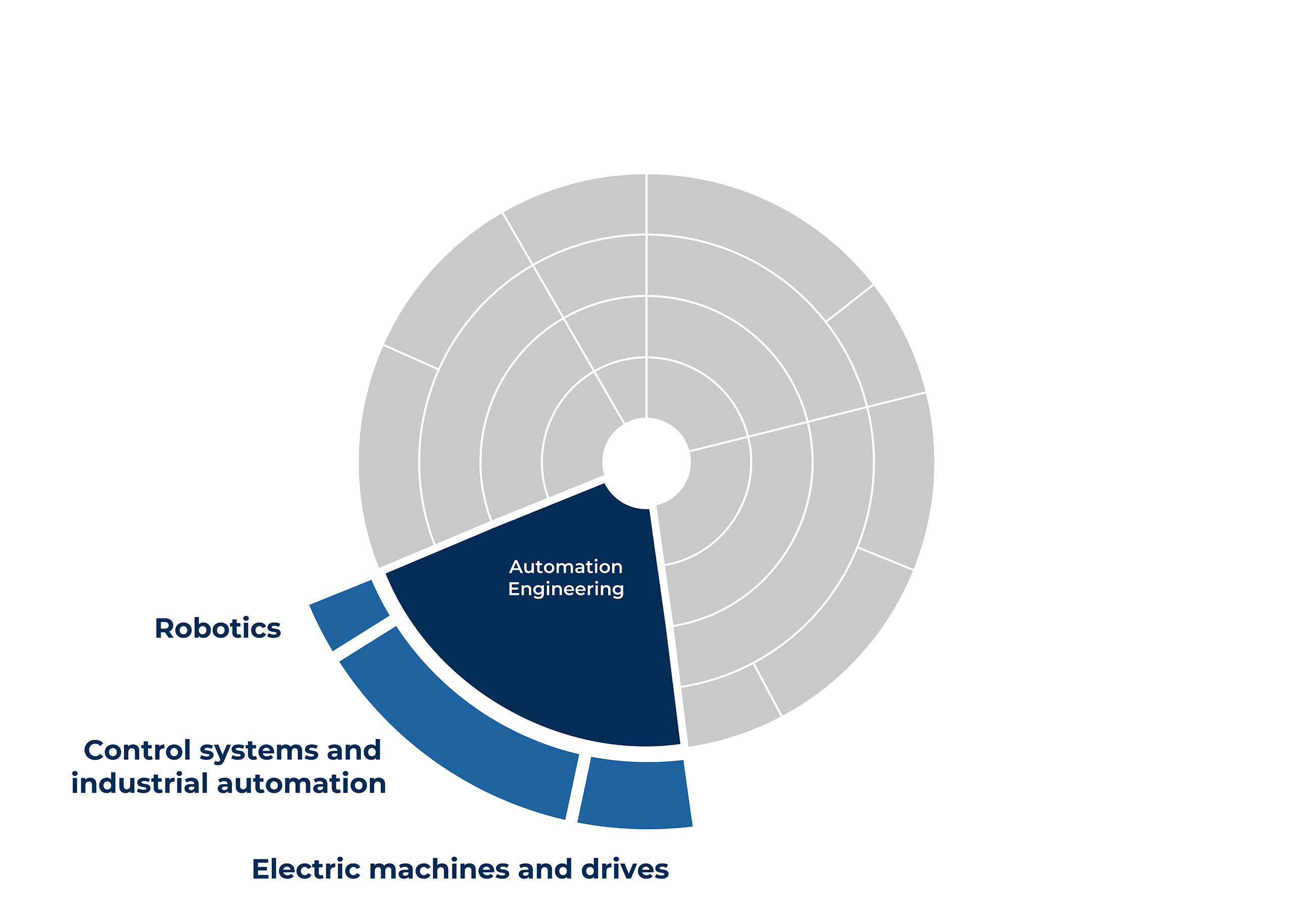
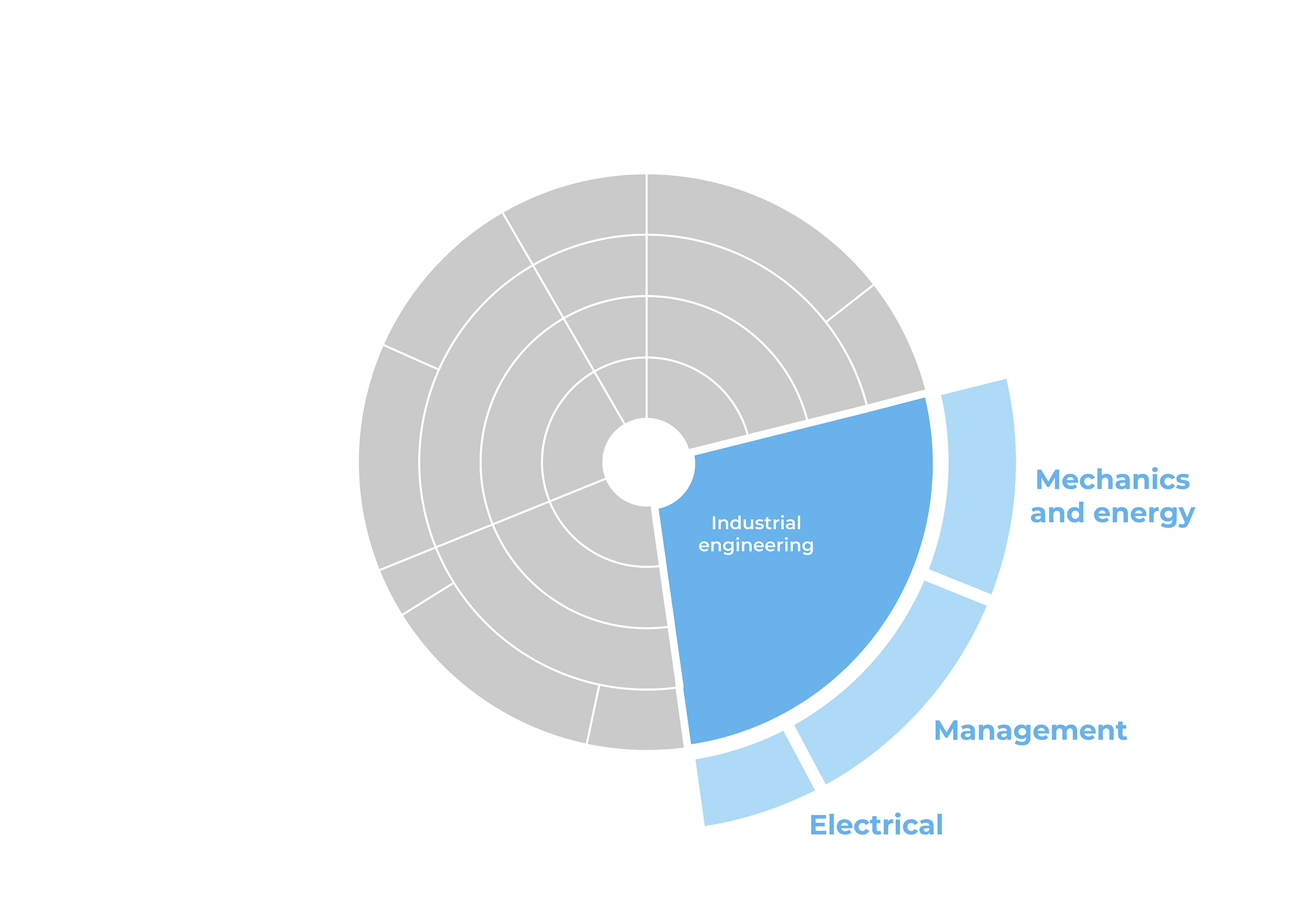
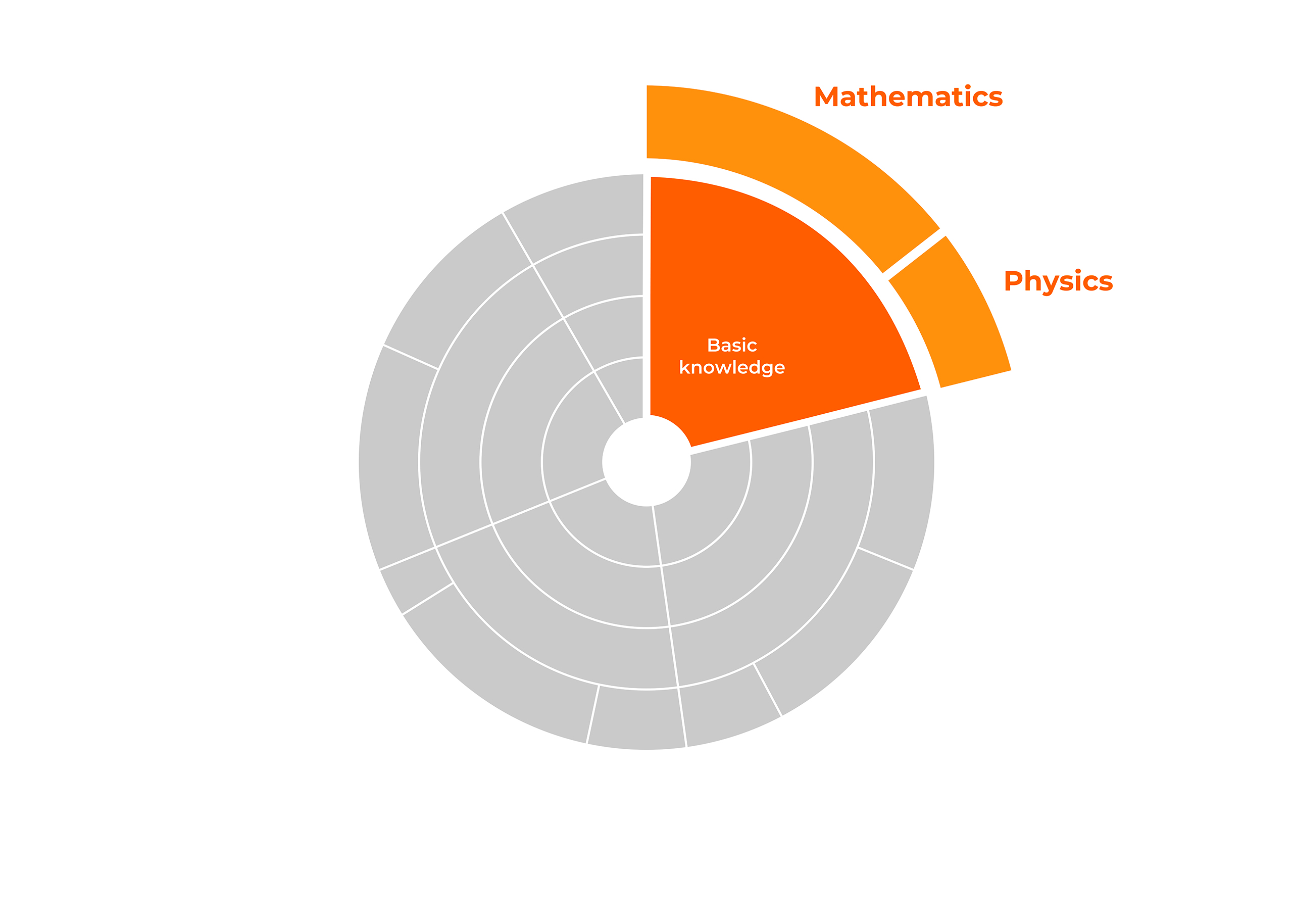
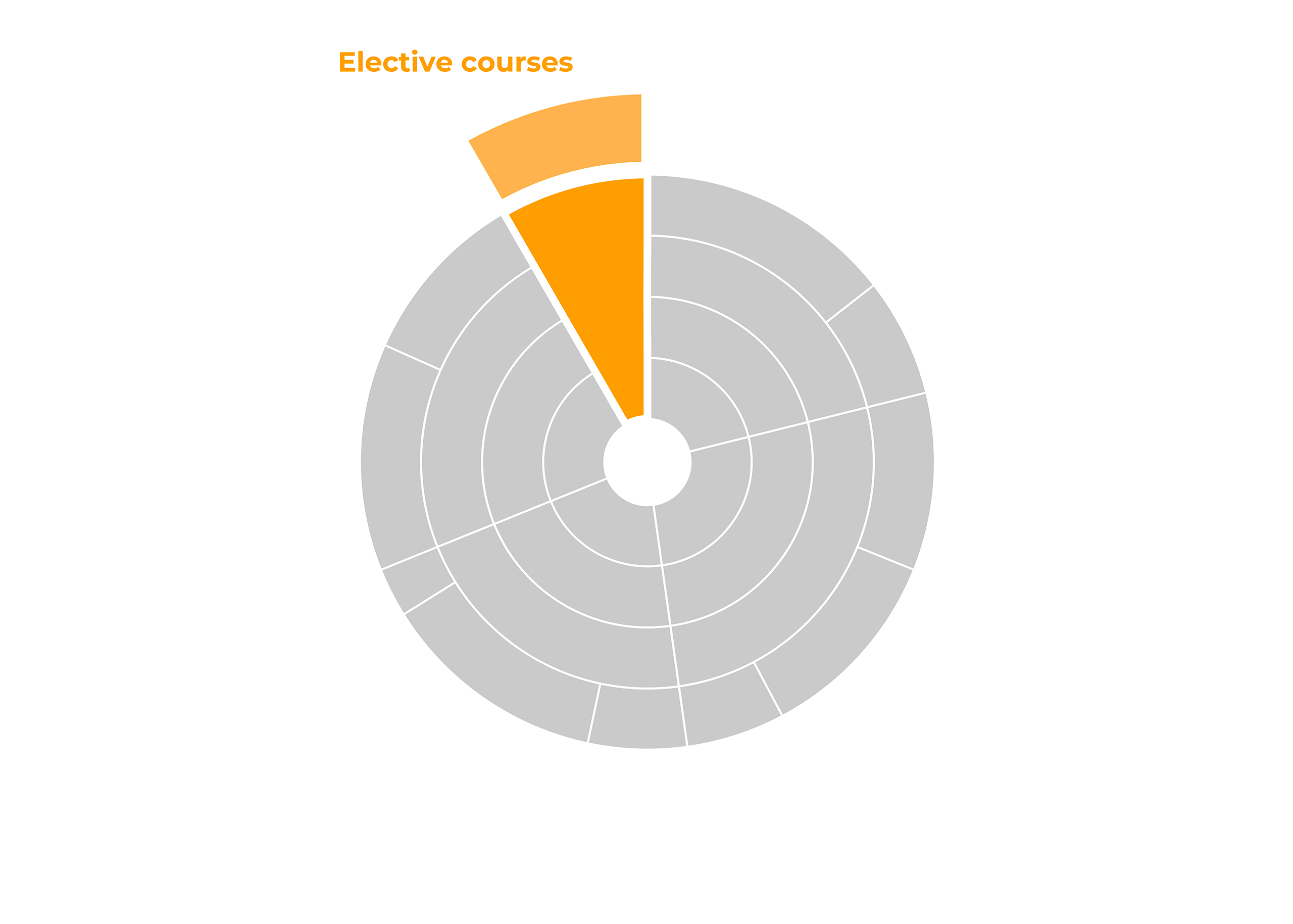
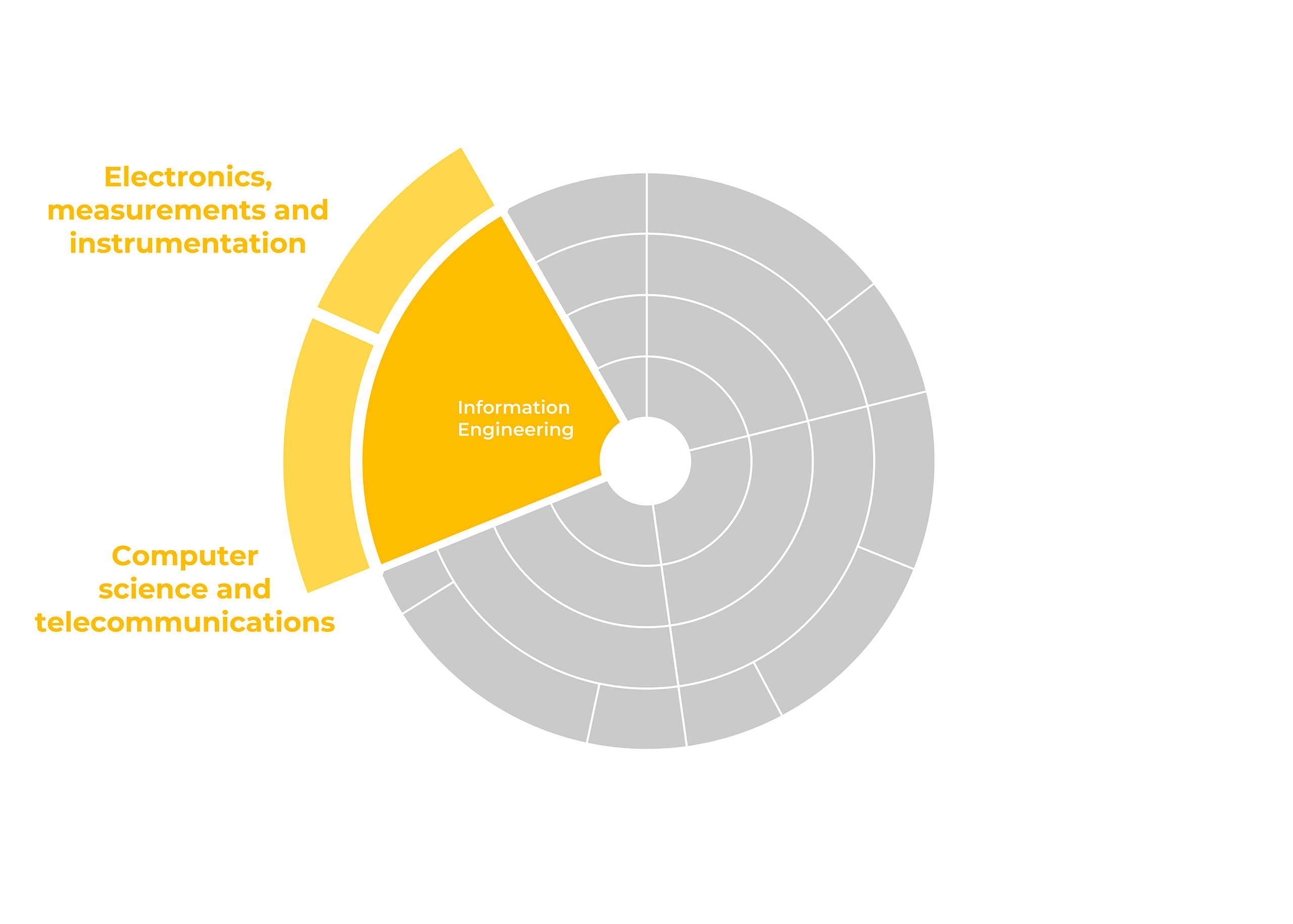
Admission to the degree program is carried out according to the methodologies established by Politecnico:
First Year
The program covers subjects in mathematics, natural sciences, and computer science, providing a solid foundation to tackle engineering disciplines in the subsequent years. Additionally, students acquire knowledge related to business management and economics, areas with which future engineers will predominantly interact, as well as knowledge in electrical engineering.
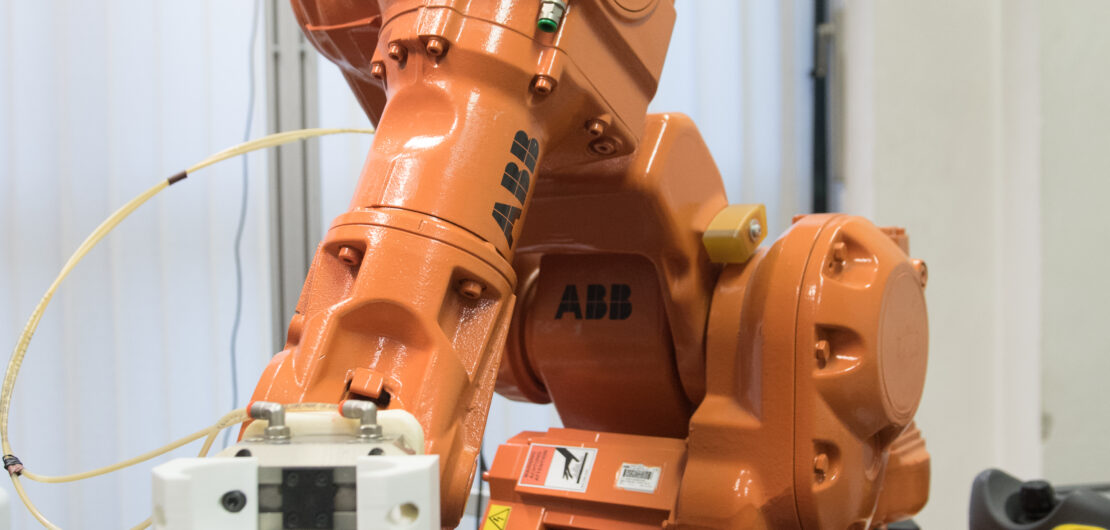
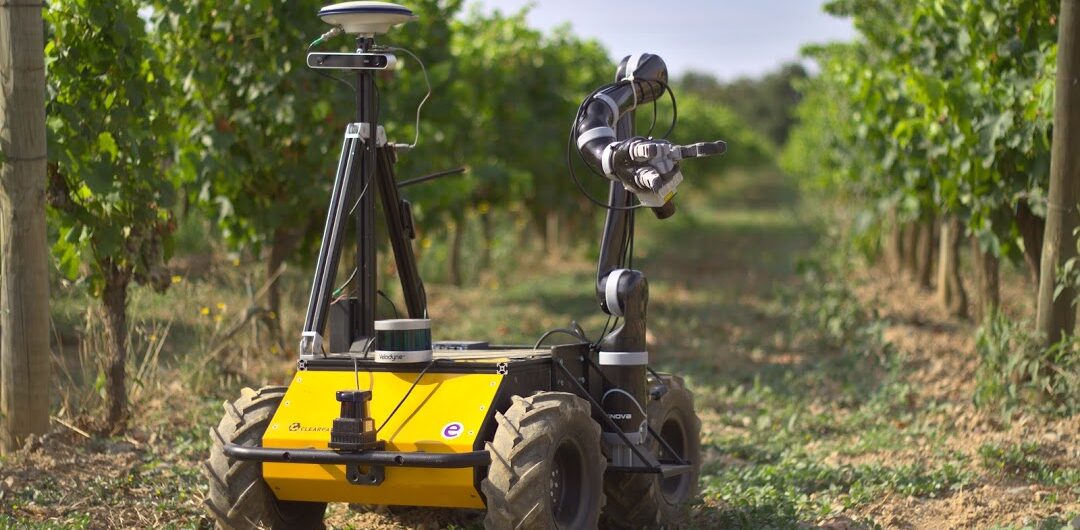
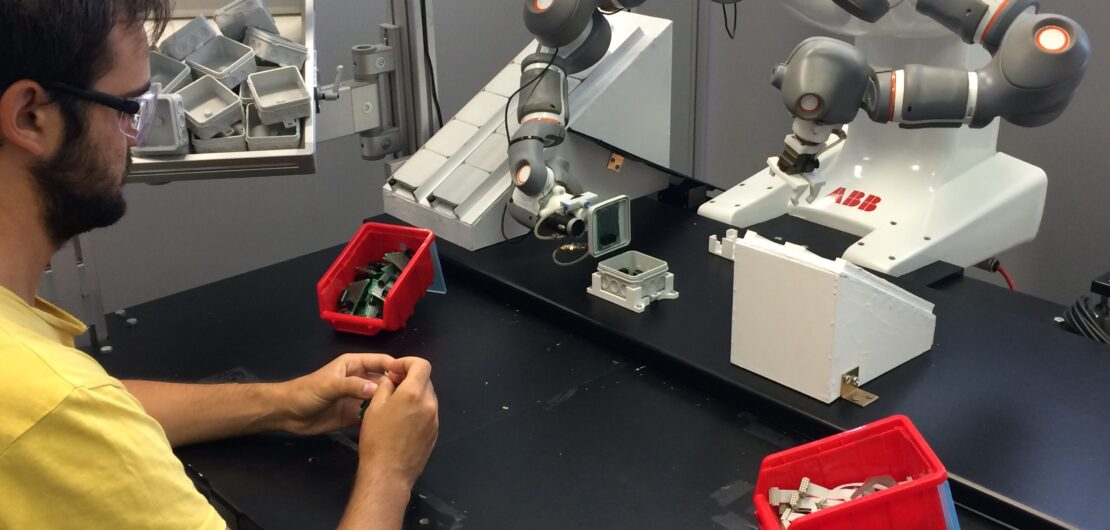
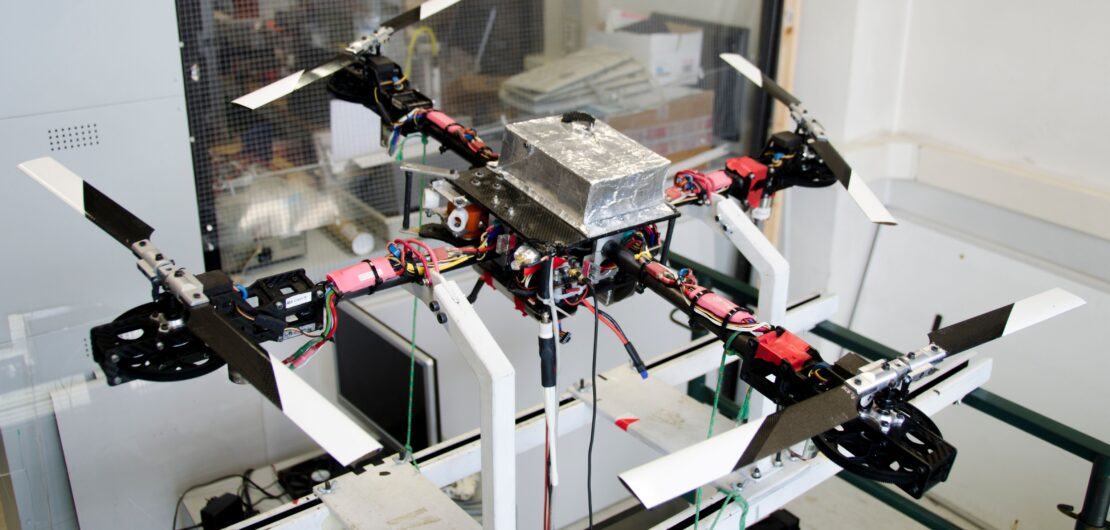
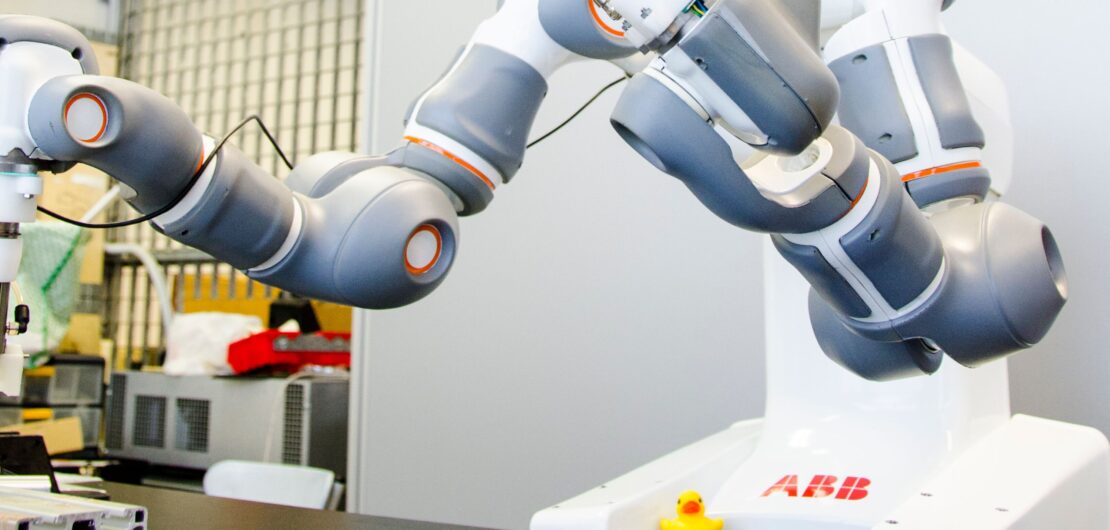
Second Year
Students acquire skills in both industrial engineering disciplines, such as mechanics and thermodynamics, and information engineering disciplines, such as computer science, electronics, and telecommunications. These multidisciplinary skills enable automation engineers to:
• Understand the main aspects interacting within products, processes, and services today.
• Interface competently with other professional figures who specialize in a more vertical approach to a single aspect.
Furthermore, in the second year, students acquire the first fundamentals of systems theory and automatic control: a series of mathematical and engineering methods, independent of the specific application sector, which allow for the development of a system-wide perspective, typical and characteristic of an automation engineer’s profile. Thanks to systems theory, the automation engineer is able to make a unique contribution to addressing and solving seemingly unrelated problems, such as, for example, designing control logic for the lateral stability of a vehicle, managing automated temperature and humidity conditions in a building, designing a robotic system that collaborates with a person to perform an assembly task, or monitoring blood sugar levels and the automatic injection of insulin in an artificial pancreas for people with type 1 diabetes.

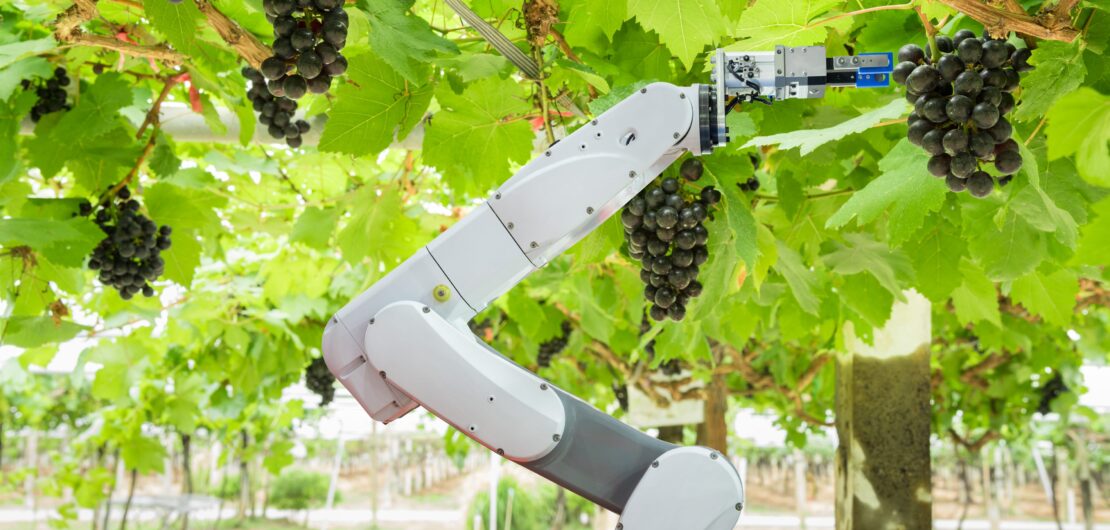

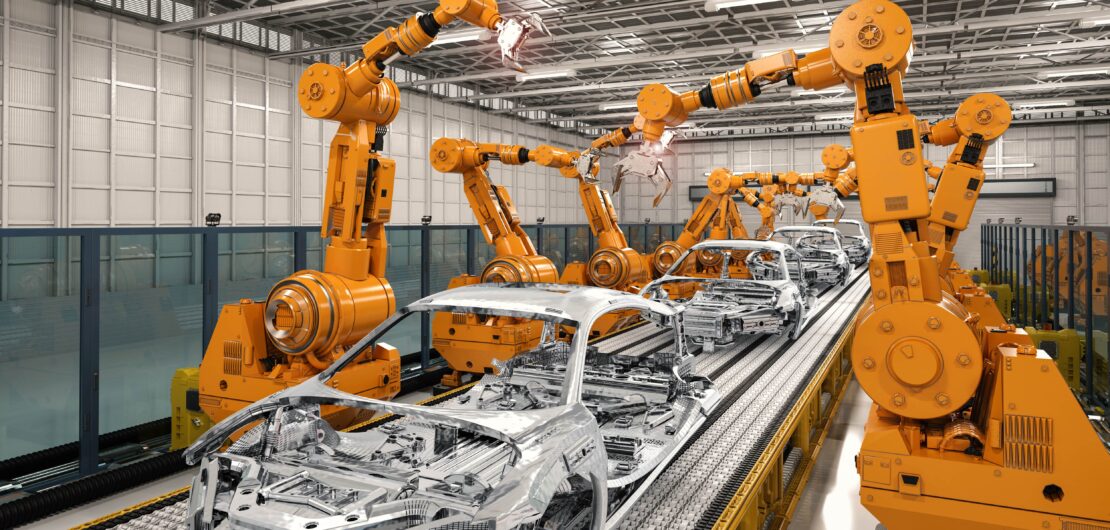
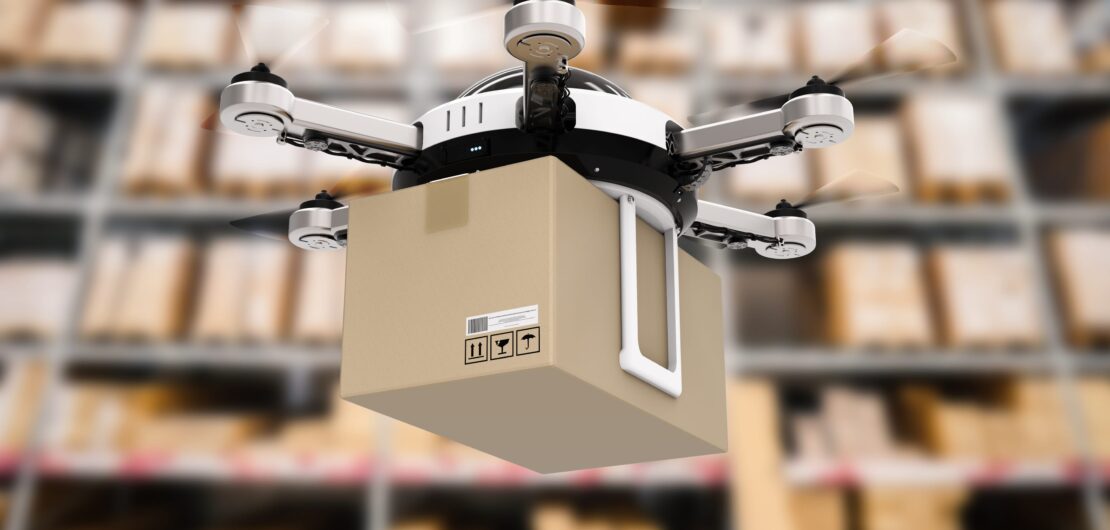
Third Year
The preparation is completed with further in-depth study of industrial engineering and information engineering disciplines, such as electrical machines and drives, measurements, and instrumentation, as well as courses focused on the design of automation systems in specific sectors of particular relevance in the socio-economic context of industrialized countries: continuous processes, manufacturing plants, and robotic systems. The Master’s degree is aimed at acquiring advanced methodologies in systems theory and automatic control, as well as skills in additional industrial sectors (vehicles and transport, energy systems, industrial and mobile robotics). A certain number of credits, currently fifteen, out of the sixty in the third year, can be allocated by students through elective courses. The courses already included in the syllabus are pre-approved, while all other courses require approval from a dedicated commission, which evaluates their coherence with the educational plan. More information on completing the Study Plan is available on the WeBeep website of the Program. The contact for the Study Plan Commission is pianidistudioauto-deib@polimi.it.
Students who do not intend to continue their studies after graduation are advised to earn these fifteen credits through an internship with companies in the sector. For those aiming for the Master’s degree, it is recommended to use elective credits for further strengthening their mathematical knowledge (probability theory, fundamentals of operations research) in preparation for the natural progression into the Master’s degree in Automation Engineering.
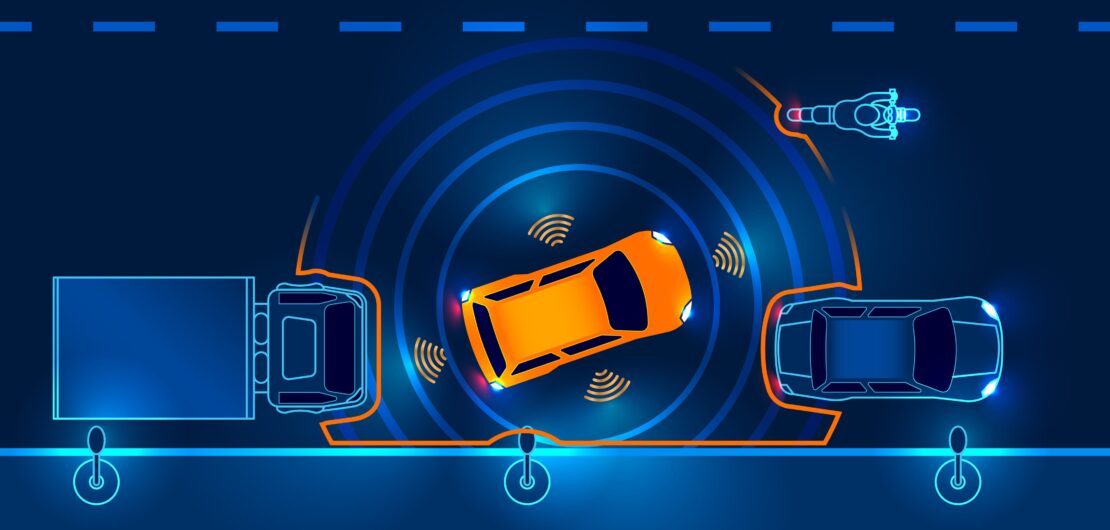
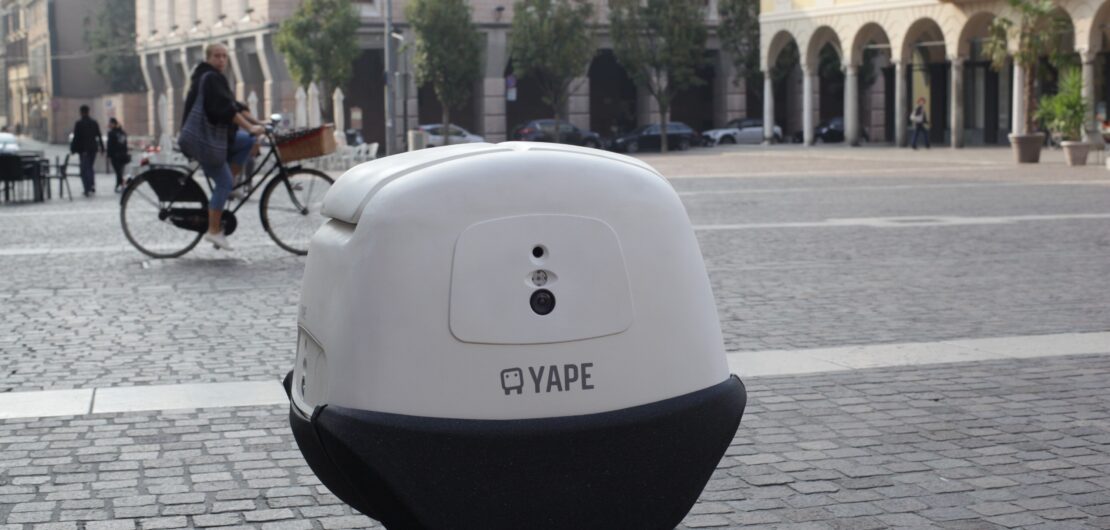
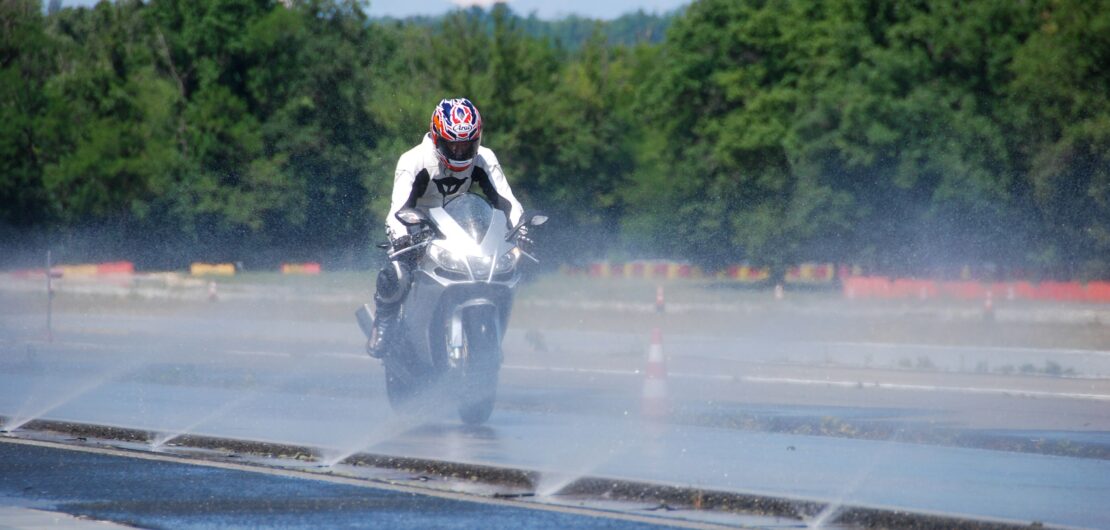

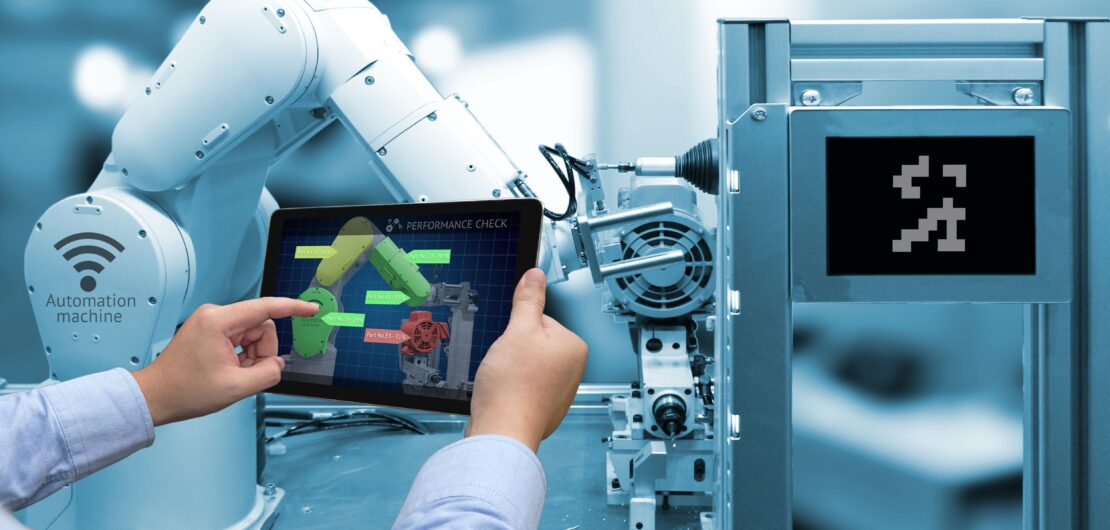
Contacts
General information: ingauto-deib@polimi.it
Academic Secretariat: didattica-deib@polimi.it
Admissions: https://www.polimi.it/futuri-studenti/test-e-ammissione/laurea/ingegneria
Transfers from other degree programs: ammissioniauto-deib@polimi.it